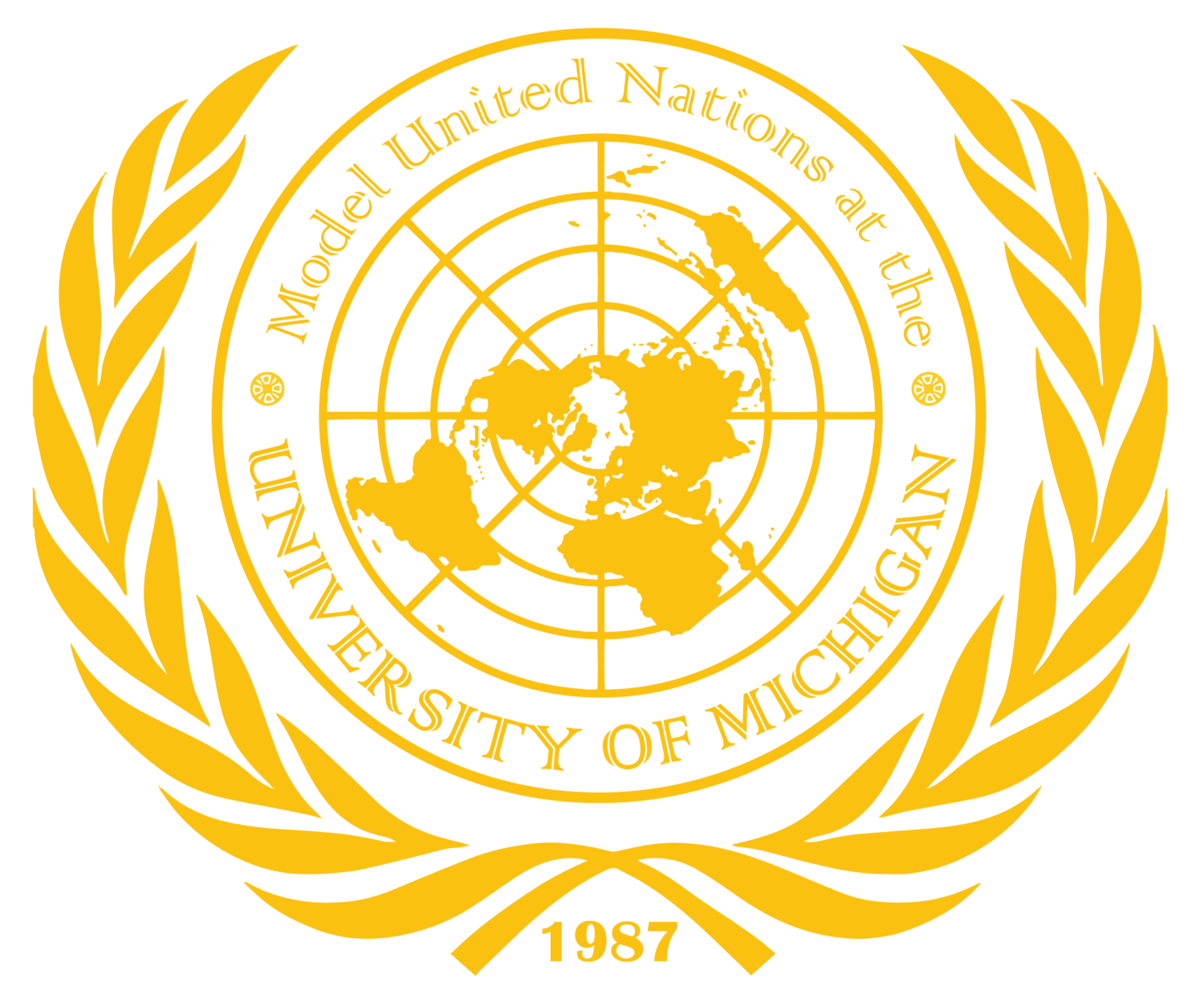By: Shriya Beesabathuni
There are currently hectic tensions growing between the two JCC committees: Kyiv and Separatists. Suspense in both sessions is high, and crisis drops are increasing by the minute. The crisis drop that shook the world was the discovery of SPIES in each room. These spies have proved themselves to be very impressive in their tactics and they have not cracked under pressure. Delegates believe that these spies are not working for themselves however, it is important that they are all aware of what is going on.
As stated before, there are two Spies. The crises are also concerned with the actions of the other rooms. There are multiple suspicions afoot, these have led others to get nervous and the behavior of the room has drastically differed.
During the meeting, the Separatists had a round table discussion regarding their innocence. During this discussion, many delegates claimed their innocence by using the notes taken in the committee. On the contrary, delegates mentioned that many notes have been recycled, this suspicion caused confusion. Much of the committee is confused actually, many delegates are not informed on who or what has happened during unmoderated caucuses. For example, some delegates were not even aware that there were two moles.
They ask who the moles are but they should be asking, how can a press manager be silent? Is there nobody to question? Why are they sending so much back to the other room? Why does a wealthy businessman have so much personal interest in the topic?
